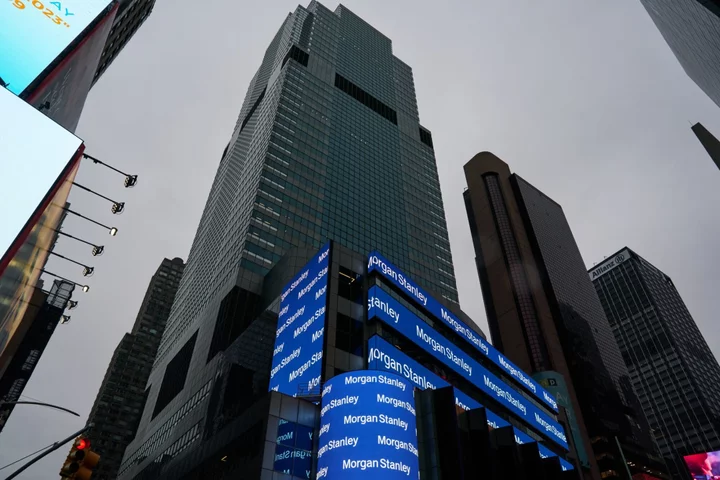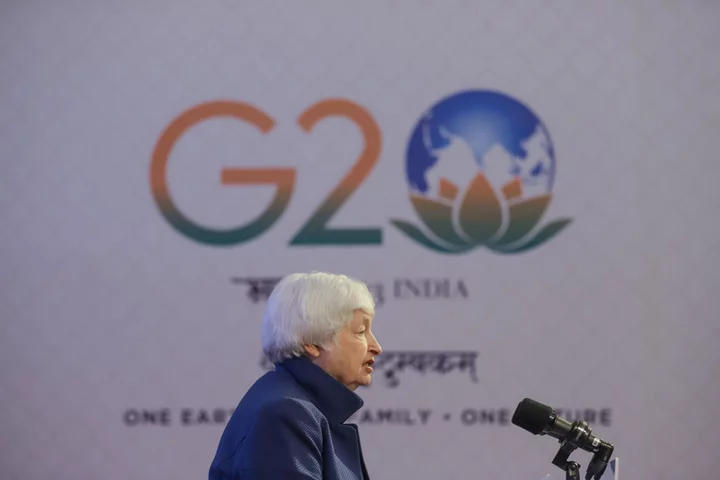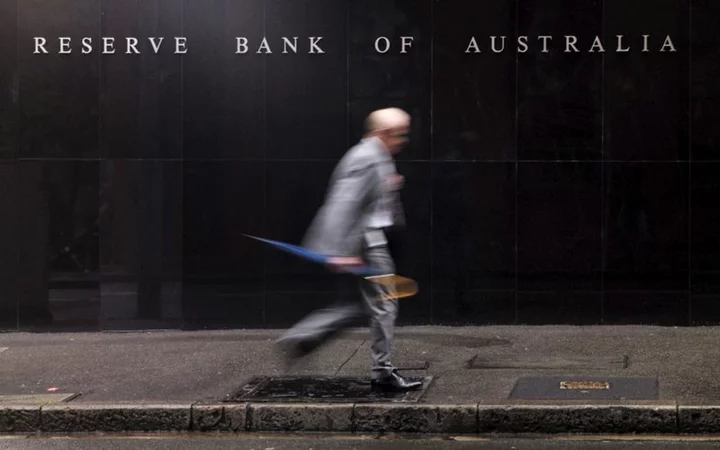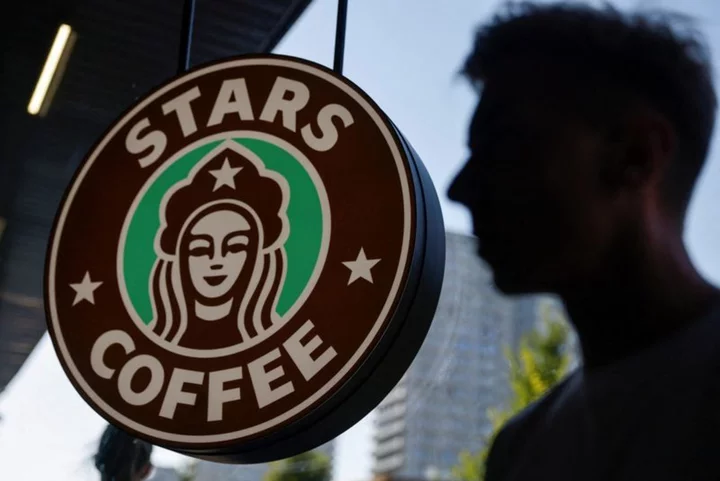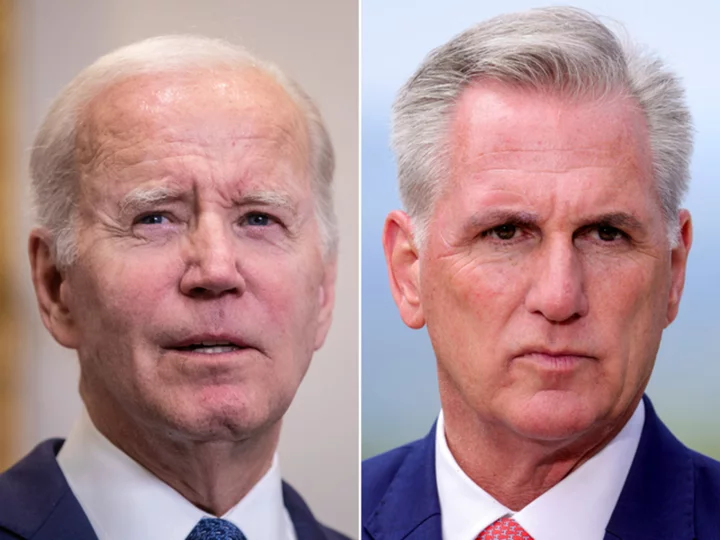Morgan Stanley sold and paid out the $20 million option that federal prosecutors allege motivated Glen Point Capital co-founder Neil Phillips to manipulate the foreign exchange market, a case that goes to trial next week in New York.
The bank wasn’t identified in the indictment or earlier court filings, but its name emerged late last month in a fight over which expert witnesses will be allowed to take the stand at Phillips’s trial. The former hedge fund chief is seeking to have an ex-JPMorgan Chase & Co. trader testify for the defense that Morgan Stanley would have been expected to hedge against the option.
Manhattan federal prosecutors claim Phillips committed commodities fraud by directing $725 million in trades aimed at increasing the value of the South African rand on Dec. 26, 2017. According to the indictment, he was seeking to trigger the option at a barrier rate of 12.50 rand against the US dollar before it expired in a few days.
The trial, in which jury selection begins Oct. 16, could emerge as a test of the legality of so-called “barrier chasing” in foreign exchange markets. Phillips, who faces up to 10 years in prison if convicted of commodities fraud, has argued that US prosecutors are seeking to criminalize normal trading behavior.
Read More: Glen Point’s Phillips Says US Wants to Criminalize FX Trades
As the option seller, Morgan Stanley would be the most direct victim of Phillips’s alleged scheme. A spokesman for the bank declined to comment on Monday. According to court filings, Glen Point bought the option through an intermediary and didn’t know it was sold by Morgan Stanley.
A hearing on expert testimony in the case is scheduled for Tuesday before US District Judge Lewis Liman. Prosecutors are seeking to block Phillips from arguing that barrier chasing is a common practice among foreign exchange traders. The government is also seeking to block the testimony of two defense experts, including the former JPMorgan trader, Andrew Newman, who plans to testify based on his analysis of Morgan Stanley’s own trading activity that day.
Phillips’s lawyers said in a court filing that Newman would testify that Glen Point’s trades didn’t create artificial demand for the rand, as there was “substantially more interest” on the opposite side from other market participants, including Morgan Stanley. Newman would also testify that “it would have been consistent with industry practice for Morgan Stanley to hedge its exposure by entering into trades that profited from a decrease in USD/ZAR,” the defense said.
The government said Newman’s testimony about trading practices would go beyond what experts are normally allowed to tell jurors and risked confusing them about what is permitted under the law. Prosecutors said Newman’s testimony about Morgan Stanley’s own trading activities on that day would be speculative and prejudicial.
‘Trial Within a Trial’
“It would create a trial within a trial, would confuse and distract the jurors, and would raise the risk of the jurors deciding the case based on their views of how Morgan Stanley’s conduct compared to the defendant’s, rather than the law,” prosecutors said in a Sept. 29 filing.
Phillips, who was a Morgan Stanley trader earlier in his career, was arrested while on vacation in Spain in 2022 and agreed to be extradited to the US earlier this year. Prosecutors on Sept. 25 said they were withdrawing the most serious wire fraud charges against him. The government didn’t say why it was paring down its case, but the dropped counts carried a maximum sentence of 20 years.
Bloomberg has previously reported that Nomura Holdings Inc. handled the December 2017 trades for Phillips, and Glen Point has identified JPMorgan as its prime broker in SEC filings.
The case is US v. Phillips, 22-cr-138, US District Court, Southern District of New York (Manhattan).

